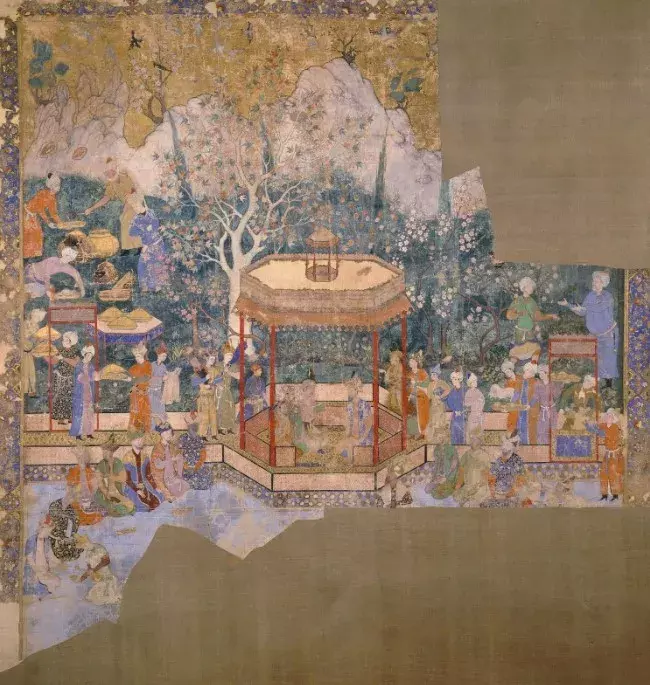Lodhi Garden At the Cusp of Love and Longing
"I would say that expressing love is an integral part of our culture"

It`s better to have loved and lost than never to have loved at all. Tennyson, an English poet, used poetry to preserve and honour his dear friend; while others have created monuments, structures, and even entire towns in their memories. Love has always been an intrinsic aspect of any monument in India. These monuments were built in remembrance of loved ones and are living spaces today. People are now rediscovering intimacy in these monuments and reclaiming their safe space of love. No intimacy matches walking in and around the monuments, holding hands, or lazing around in the winter sun.
These historical monuments transport us in a time warp through their worn-out walls give witness to some of the most tragic and timeless love tales, bearing testimony to some of the most epic stories of love, loss and longing. Lodhi Garden is one such place that binds the people of Delhi together with different kinds of love and intimacy. The gardens, originally made in the 1400s, inhabit the many forms of love and being in Delhi.
Sangeeta Oberoi, 62, shares that looking at these young couples in love reminds her of the love that she and her late husband shared. She says that expressing love is a privilege and not everybody has the privilege or the space to do that.
We still live in a country where unmarried couples are not allowed a room in hotels. Oberoi thinks that when (lovers) they are getting a space where they can freely be in love with each other, there should be no reason for anyone to have a problem with that. "Also, if anyone argues that it is not a part of our culture, they are wrong because there's a lot of literature across different periods of history on love. So I would say that expressing love is rather an integral part of our culture."
Unlike Oberoi, Shubroto Ganguly, 42 year old resident of Lodhi Colony, says that when displaying love publicly, the youngsters should keep decency in mind because they are in a public space after all. "When these young kids are expressing love in public and touching each other without thinking about other people who are also present around them, they are creating public nuisance. This vulgarity will attract strict punishment," he confides.
A couple in Lodhi Garden for their pre-wedding photo shoot shares, "This form of love should be appreciated and more spaces like these should be created and normalized for this beautiful bond to bloom." In India, where expressing love is seen as taboo, Lodhi Garden has given an environment that is full of love.
"This PDA (Public Display of Affection) is a little new to me and I am taking my time to wrap my head around it," shares Wangmo, 21, from Tibet who is a student at the University of Delhi. She says that back in her hometown, people aren't as liberal.
These public spaces hold different meanings for everyone, says Mohammed Zarif, 33, who tries to come to Lodhi Garden on weekends to take a break from his 9 to 5 life. With a calm smile he says it makes him happy to see people in their safe spaces, surrounded by their loved ones. Adding however, "When it comes to spending time with their partners, people should remember that it is their responsibility to not make others uncomfortable. It is as much their space as it is someone else's."
In a country like India where expressing love is seen as a taboo, Lodhi Garden is a safe space that is a breather for lovers. From young couples stealing secret kisses behind tombs to old friends walking hand in hand to the dogs of South Delhi's elite running free, Lodhi is a manifestation of redefining and reclaiming a historical public space.
The Lodhi emperors, long forgotten and buried, are witnesses to this love, for their monuments bear the evidence of this love.



